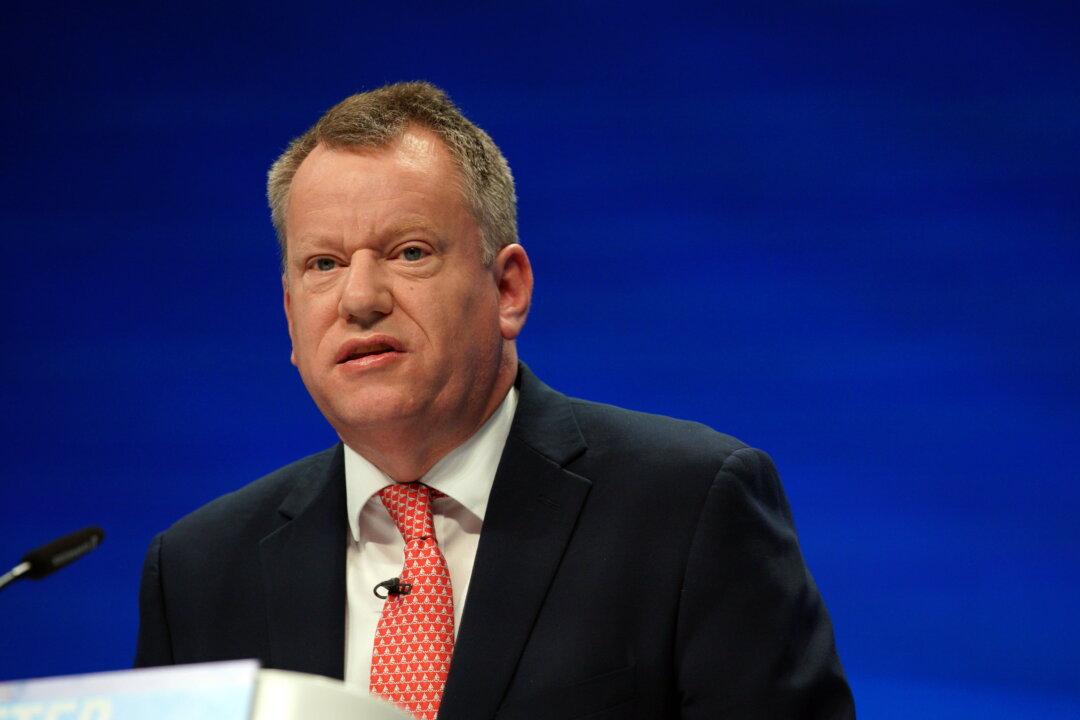The upcoming Online Safety Bill hands “unprecedented censorship powers” to the secretary of state and Ofcom, warned new research backed by a trio of top-level former frontbenchers.
A new briefing paper by the Institute of Economic Affairs (IEA) warns that the Online Safety Bill will have a significant impact on free speech, privacy, and innovation, and has been backed by former Brexit Minister Lord Frost, former Secretary of State for Exiting the European Union David Davis MP, and former Defence Secretary Liam Fox.





